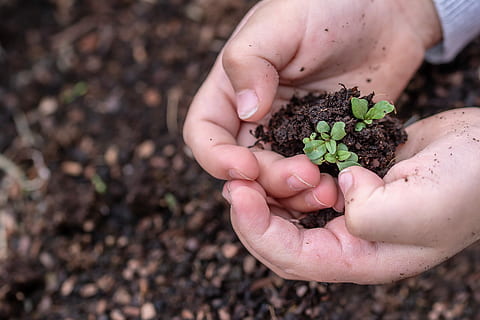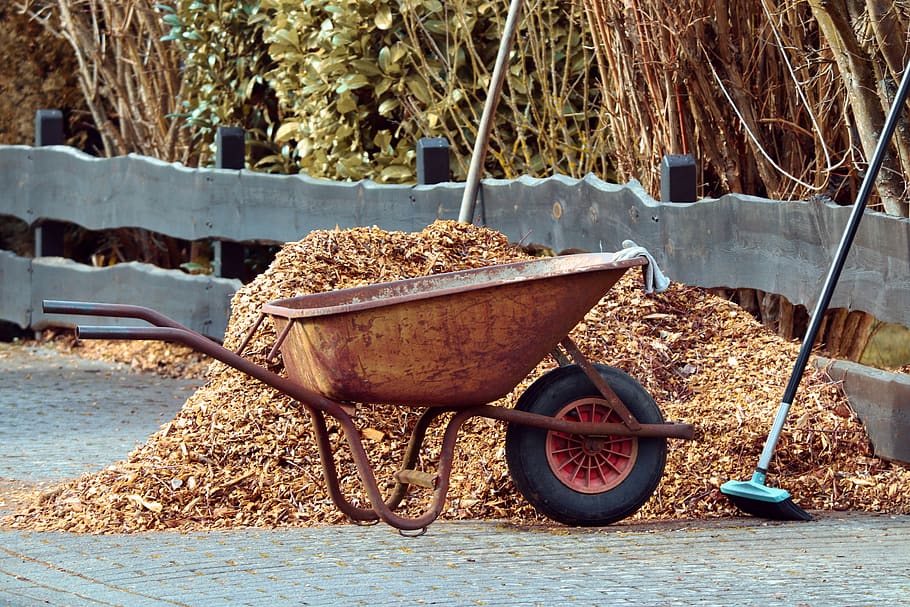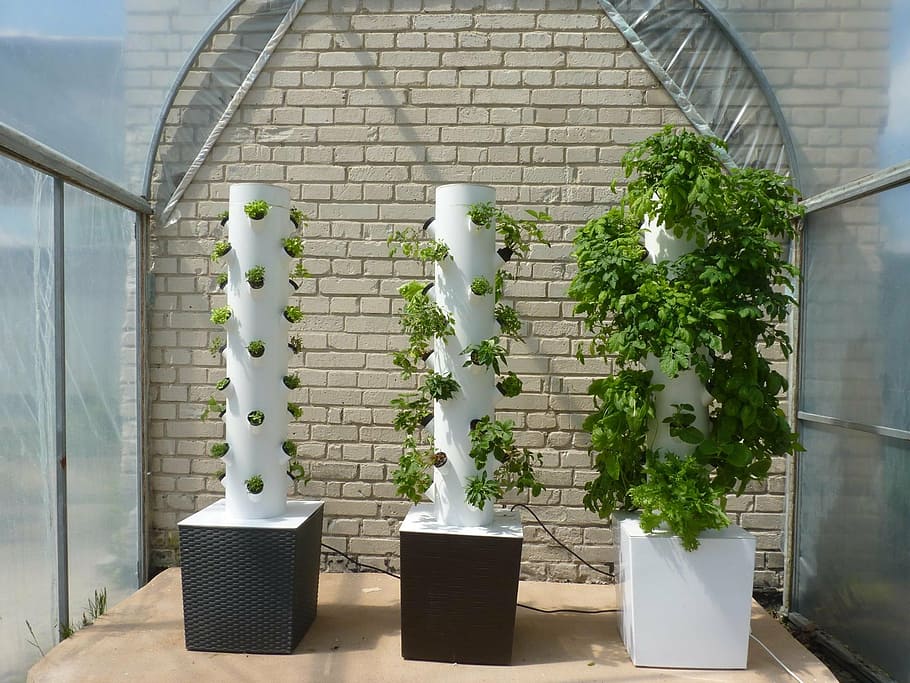Introduction
Gardening is not only a joyful hobby but also an fruitful activity that allows you to connect with nature and create your own little piece of paradise. Whether you’re a seasoned gardener or just starting out, these tips of gardening are written with aim to give you right information and tricks to create a sustainable and beautiful garden. Here are the top 10 tips to lead your way for the gardening.
Suitable Plants for Your Climate
One of the key factors in successful gardening is selecting plants that are well suited to your weather and climate. Different plants thrive in different conditions, so take the time to research and choose species that are either native or compatible to your region. This will ensure that your plants receive the right amount of sunlight, water, and nutrients, leading to healthier and more vibrant growth. This factor plays such an important role that if you ignore it, none of the gardening tips may produce desired results.
Plan Your Garden Layout
Before you start planting, it is important to plan your garden structure and layout. Different factors such as the amount of sunlight each area receives, the availability of water sources, and the potential for shade from nearby trees or buildings. Also specify the portions you want to give to any particular plant type. A well thought and organized layout will not only increase the apparent look of your garden but also help to optimize its functionality and growth potential.
Soil Preparation
Healthy and nutrient rich soil provides best foundation of a thriving garden. In order to check suitability of soil, test your soil’s pH and nutrient levels. After conducting complete testing, add deficient nutrients (if any) to provide the best conditions for plant growth. Adding compost or organic matter can help improve soil structure, drainage, and fertility, creating an environment where plants can grow strong roots and flourish.

Use Modern Watering Techniques
Watering your garden regularly effectively is essential for plant health as plants need water for food production and continuous gaseous exchange with environment. Most people do shallow watering by opening water in garden and letting the water to flow in entire gardening. However, instead of frequent shallow watering, deep watering sessions must be done. This will stimulate the plants to develop deep and extensive root systems, making them more resilient to drought conditions. Drip irrigation system is very effective in this regard. A drip irrigation system delivers water directly to the roots while minimizing water loss.
Mulch for Moisture Retention
Mulching is a game-changer in gardening. A layer of organic mulch, such as straw, wood chips, or leaves, helps retain soil moisture, regulate temperature, suppress weeds, and improve soil structure. Mulching not only reduces the need for frequent watering but also contributes to the overall health and appearance of your garden. Based on your esthetic taste and availability of material you may choose either organic or inorganic/non organic mulch. To read more about mulch click HERE.

Prune and Deadhead Regularly
Pruning and deadheading are essential maintenance tasks that promote healthy growth and increase the blooming period of your plants. Removing dead or diseased branches, faded flowers and overgrown foliage redirect the plant’s energy towards new growth and vibrant blooms.
Practice Natural Pest Control
A thriving garden can attract its fair share of pests, but before resorting to chemical pesticides, consider natural pest control methods. Introduce beneficial insects like ladybugs and lacewings that prey on harmful pests, use companion planting to deter unwanted insects, and employ physical barriers like row covers to protect your plants. Introduction of friendly insects will not only decrease population of harmful insects but also increase pollination that is essential for health fruit setting.
Fertilize Wisely
Proper fertilization is key to providing your plants with the necessary nutrients for optimal growth. Choose organic fertilizers that release nutrients slowly over time, preventing the risk of over-fertilization and potential harm to your plants. Follow recommended application rates and schedules to avoid nutrient imbalances.
Support Vertical Growth
Make the most of your garden space by encouraging vertical growth. Trellises, stakes, and cages provide support for climbing plants like tomatoes, cucumbers, and beans, allowing them to grow upwards and save space. Vertical gardening not only maximizes your yield but also adds visual interest to your garden.

Adopt Sustainable Practices
Include eco friendly (environment friendly) practices into your gardening routine. Collect rainwater for irrigation, compost kitchen scraps to enrich your soil, and use natural, biodegradable products whenever possible. By using these sustainable gardening tips, you contribute to a healthier ecosystem and a more resilient garden. In addition to healthier garden you will also save money by reducing need for use of chemical fertilizers.
Conclusion
Creating a beautiful, well maintained and flourishing garden is a labor of love that requires patience, dedication, and a deep connection with the natural world. By following these essential and best 10 gardening tips, you’ll be well on your way to cultivating a garden that not only yields a bountiful harvest but also brings joy and calmness to your outdoor space. It is a very vast topic however these 10 gardening tips are fundamental and must be followed for best gardening results.